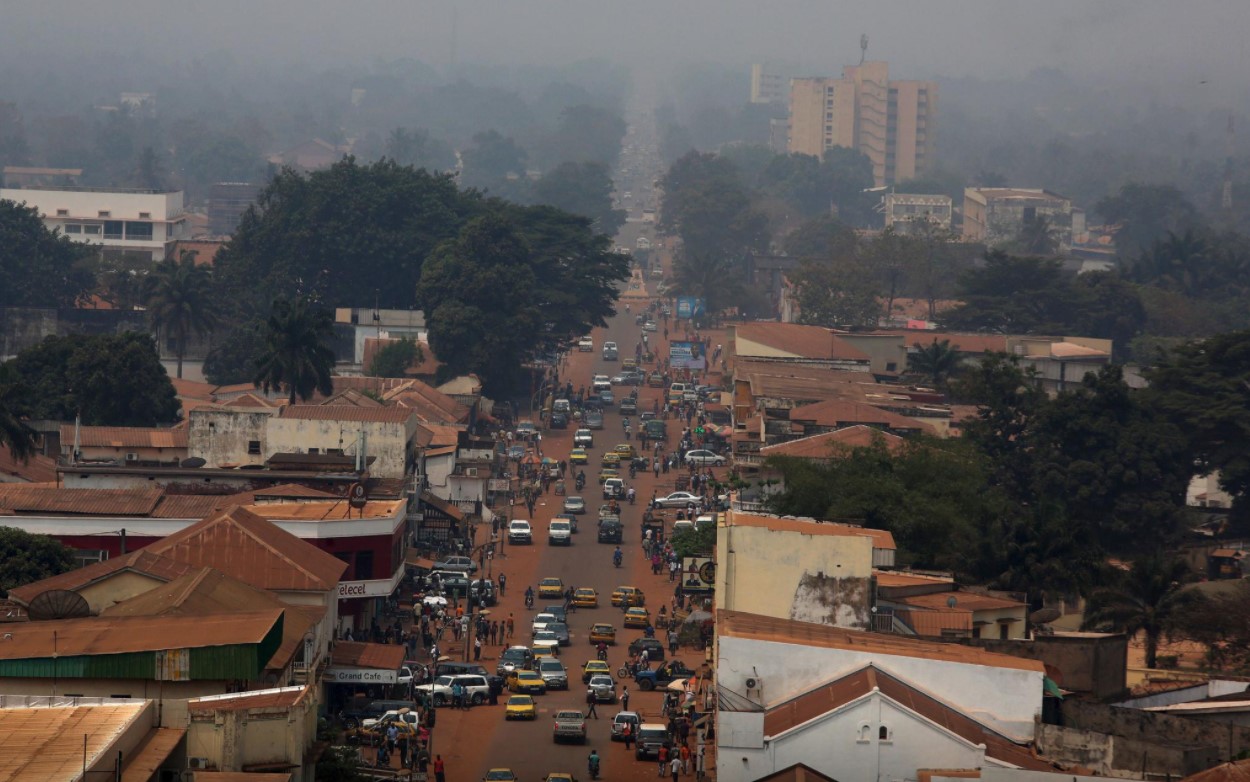Central African Republic’s main opposition coalition on Sunday demanded the Dec. 27 general election be postponed due to violence by armed groups outside the capital Bangui, while the government insisted the vote would go ahead.
On Saturday, the authorities accused former president Francois Bozize of plotting a coup after his candidacy was rejected, as U.N. peacekeepers dispersed armed rebel groups occupying roads and towns near Bangui.
Fighting was ongoing in several towns, including Mbaiki, about 100 km (62 miles) from Bangui, according to one security source and two humanitarian sources.
The opposition alliance, called Cod2020, which includes Bozize, said violence was preventing presidential and parliamentary candidates from campaigning and had led to the destruction of electoral materials and threats in almost all provincial centres, without providing details.
In a statement, it “noted the impossibility of pursuing an electoral campaign in current insecure conditions,” and demanded the postponement of the vote until stability is restored.
In response, the government said it was doing everything possible to ensure the vote could take place as planned, deploying troops alongside U.N. peacekeepers to regain control of occupied towns.
-There is no plan B, the elections will take place on December 27- said government spokesman Ange Maxime Kazagui.
President Faustin-Archange Touadera, who has struggled to maintain stability, is seeking re-election.
Bozize was ousted in 2013 by mainly Muslim Seleka rebels, prompting reprisals from mostly Christian militias and plunging the country into a civil war.
U.N. peacekeepers have been deployed since 2014, including over 12,800 in uniform.
The violence has caused one of the world’s worst humanitarian crises, displacing over 600,000 people within the country while a further 600,000 live as refugees in neighbouring Cameroon, Chad, and elsewhere, according to U.N. figures.
